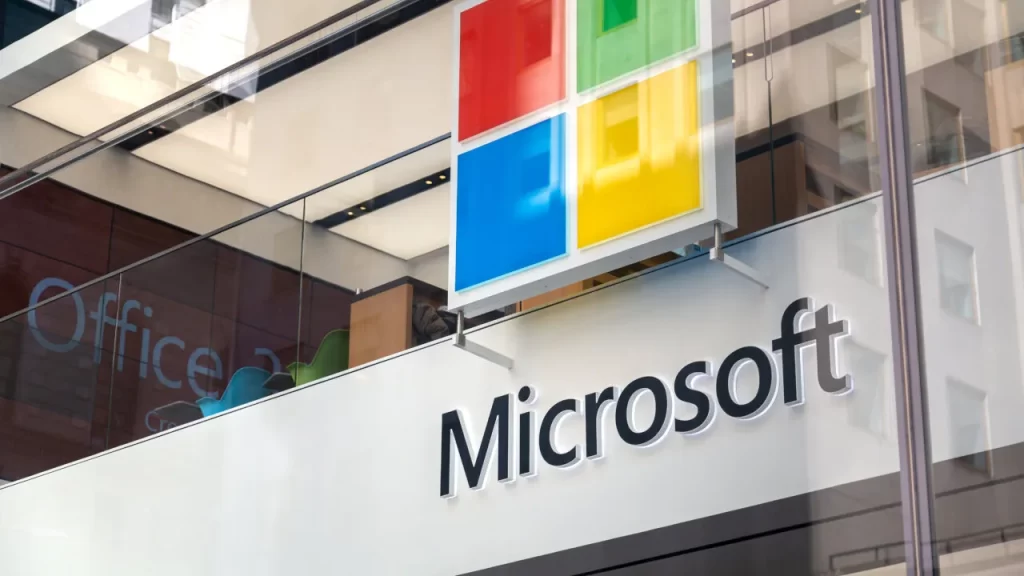
A $10 billion investment in OpenAI is not enough for Microsoft. Now the tech giant is unveiling more artificial intelligence capabilities across its consumer products, aiming to be at the forefront of the AI wave.
At its global autumn event Thursday, Microsoft announced that its brand new digital assistant Copilot will soon arrive to replace the depreciated Cortana, and will come to Windows 11 and Microsoft 365 starting September 26. Copilot uses large language models to provide personalized, context-aware assistance with everyday tasks.
Additionally, Microsoft previewed major AI-powered upgrades to Bing’s shopping, image creation, and enterprise chat features leveraging OpenAI’s new and powerful DALL-E 3 image generation model.
It also revealed AI updates to Paint, Photos, Snipping Tool, Clipchamp, and other native Windows apps to boost creativity and productivity. For example, Paint will support layers and text-to-image features similar to Adobe’s autofill tool.
To showcase these new experiences, Microsoft introduced the powerful Surface Laptop Studio 2, which it claims delivers 2x faster graphics performance for running heavy AI workloads compared to Apple’s latest, maxed-out MacBook Pro.
“We believe Microsoft is the place where useful AI experiences come together simply, securely, and responsibly into the products you use most,” said Microsoft in the official announcement.
Microsoft’s massive investments in AI research and integration across its consumer ecosystem cement its position as a frontrunner in making AI a daily utility.
So far in 2023, Microsoft has introduced four advanced AI compilers, unveiled an AI training method called Algorithm of Thoughts to make AI more efficient and human-like, and partnered with Nvidia for next-gen infrastructure. This focus has boosted Microsoft’s stock over 40% this year.
With Copilot’s debut in Windows 11 later this month, Microsoft is aiming to make AI assistance seamlessly available across devices and platforms. According to the company, Copilot will “uniquely incorporate the context and intelligence of the web” to provide better help by understanding users’ needs and environment.
Microsoft 365 Chat goes even further by combing through emails, documents, meetings, and chats to serve as an AI-powered personal assistant for work. It uses natural language prompts to automate complex tasks like scheduling meetings or drafting documents.
The move might be a direct response to Google’s recent announcement of an integration between its AI chatbot Bard and its own suite of office products.
“Rapid advancements over the last few months have taken it to a whole new level,” stated Microsoft regarding 365 Chat. “Microsoft 365 Chat combs across your entire universe of data at work, including emails, meetings, chats, documents and more, plus the web” it said. The company believes it could significantly reduce the daily workload for its over 200 million Office users.
Microsoft is betting that weaving AI throughout its ecosystem will provide a vital competitive edge—both for consumers and in the cloud computing race against rivals like Amazon and Google. If Copilot fulfills its promise to enhance how people use Windows PCs and Microsoft software, it could be a game-changer in making AI assistants indispensable.
And if not, at least it would be fulfilling another long-lived promise as Copilot becomes the competent AI assistant that Cortana was always envisioned to be.